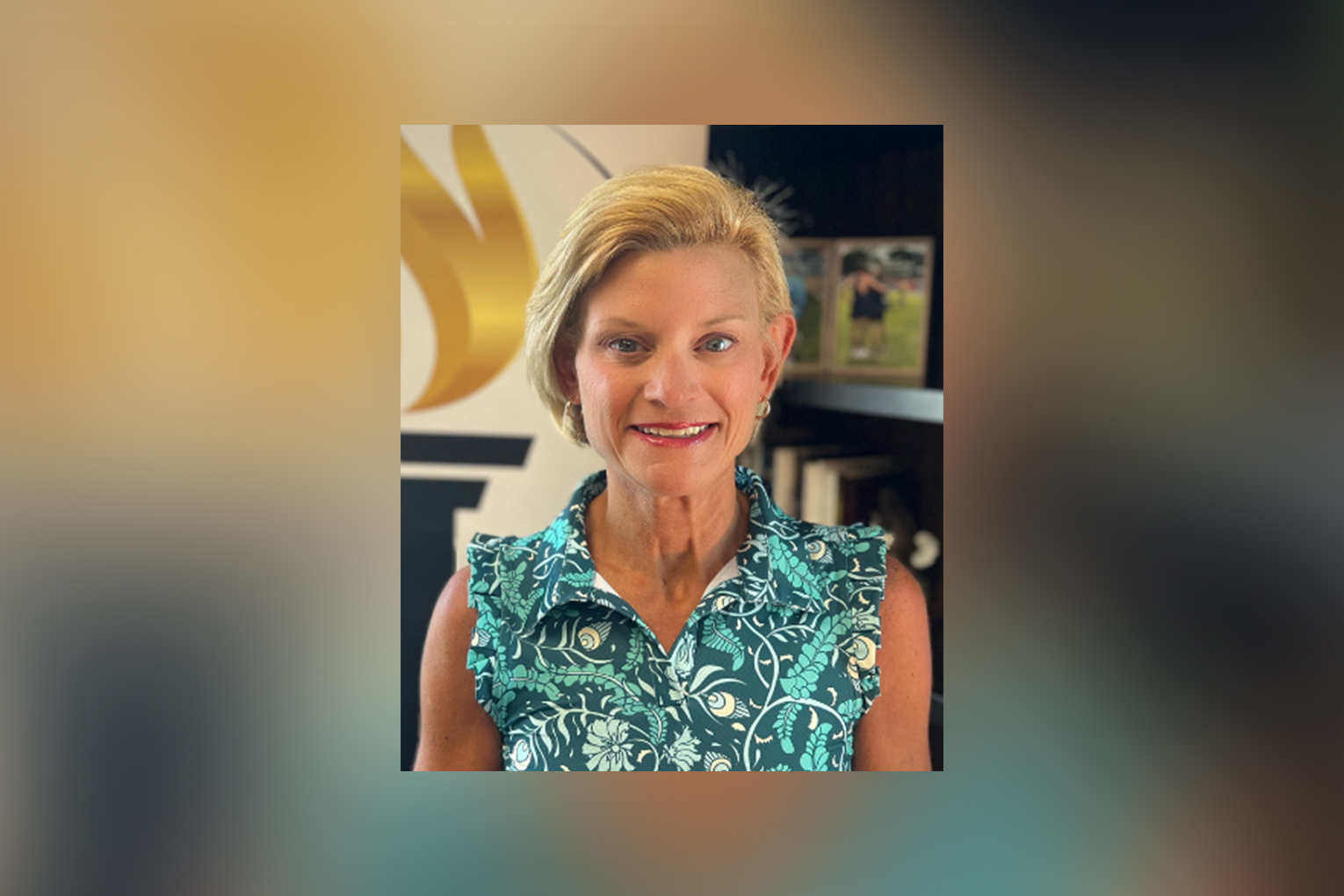
Mathematics intervention teacher Rick Reinle and kindergarten teacher Kay Pence discuss student placement for next year at Taylorsville Elementary School (Spencer County). Pence said they work really closely together, reinforcing what strategies each is using when working with students. Photo by Amy Wallot, May 6, 2013
By Matthew Tungate
matthew.tungate@education.ky.gov
To say Rick Reinle, mathematics intervention teacher at Taylorsville Elementary School (Spencer County), was nervous to speak to teachers at an Ohio Valley Educational Cooperative (OVEC) professional development gathering last March would be as big an understatement as saying he thinks his topic, Numbers in Base Ten (NBT) standards, is important.
“As far as I’m concerned, NBT is the be-all and end-all of mathematics,” he said. “If you don’t start with that understanding, you’re not going to go anywhere.”
Reinle, a 25-year teaching veteran, had previously presented numerous times in his school, district and even at conferences. He had spent three years participating in the state mathematics leadership network, breaking down new standards and learning the best methods to teach them not only to students but to other teachers. But the stakes were very high presenting for OVEC, he thought.
“These were teachers that wanted information, wanted to know how to teach these standards and wanted to know good activities to use to teach these standards. So it was really daunting, in my mind, that I was going to be having an effect on a lot more people than the teachers I was presenting to,” Reinle said. “I don’t think if I had not ever been involved in the network, I would have done it. I don’t think I would have had the confidence or had the capacity to do it.”
Kentucky’s leadership networks are made up of regional professional learning communities (PLCs) composed of teacher, school and district leaders from the state’s 173 districts. The cohorts are facilitated by Kentucky Department of Education content specialists, regional educational co-operative consultants and faculty members from higher education. Some facilitation teams also have district partners and other consultants.
The networks focused on four areas:
• standards
• assessment literacy
• characteristics of highly effective teaching and learning
• building capacity for leadership
The networks of mathematics teacher leaders, English/language arts (ELA) teacher leaders, and school and district leaders held their first meetings in July 2010. The mathematics and ELA leadership networks ended this year. Science leadership networks will get underway this fall.
Seth Hunter, then-mathematics specialist for KDE assigned to OVEC, said the cooperative could have used an experienced trainer for the NBT professional development instead of Reinle. But the networks are about building capacity in teacher leaders, and Hunter and OVEC staff had seen enough of Reinle during network meetings to know that he could positively influence the practices of others with respect to the Kentucky Core Academic Standards.
“I was 100 percent confident that when Rick presented it was going to be outstanding,” Hunter said. “For Rick, one of the ways we knew capacity had been built was that his range of influence on the teaching, learning and assessment practices of others had extended beyond his classroom and school. It was time for Rick to influence beyond his district by presenting at a regional workshop.”
The first year of the leadership networks focused mostly on understanding and deconstructing new standards, which Reinle thought were written in a language he already spoke.
“As the mathematics intervention teacher, I have been working in the area of early numeracy development with many hours of professional development in that area. The standards are very strong in the area of early numeracy development, so it was an easy transition to deconstructing the standards,” he said. “I’m so thankful the commonwealth went with the common standards. The standards are built on things that work. Building that early numeracy development – if I had to take one thing about what it is that’s going to make kids effective in mathematics, it is really developing that early numeracy foundation.”
Hunter said the leadership network in OVEC spent the first two years establishing a knowledge base and enhancing the classroom practices of participants. The third year focused extensively on teacher leadership, he said. Hunter’s facilitation team considered a teacher leader to be someone who expands his or her realm of positive influence on the teaching, learning and assessment practices of others, Hunter said.
Reinle said a lot of what he does is share information and resources that he has learned through the network, such as better using formative assessments. His co-workers at Taylorsville Elementary have noticed the difference in him.
Instructional coach Natalie Mullins said Reinle is an excellent resource and occasionally joins weekly grade-level professional learning communities to share helpful websites for teachers and students.
“He seems to have an even deeper understanding of mathematical pedagogy. He has put his knowledge from the mathematics leadership network into practice within his classroom in order to become a model for our teachers,” she said.
“His depth of knowledge regarding the new math standards, in particular the students’ ability to use various strategies to obtain the solution, has brought light into a very hazy area,” she continued. “In the beginning the standards were like finding a lamp in a dark room. You know it is there and you have some sort of directionality, but it is only after stubbing your toe on the coffee table and knocking items off of the end table that you finally find the knob to switch it on. Rick has helped to guide teachers toward the ‘lamp’ to help light our way.”
First-grade teacher Brook Issac said she and Reinle meet monthly to discuss struggling students’ progress.
“He is always learning new ways to teach the students and sharing with the teachers. He has a lot of great resources such as games, websites, manipulative and books,” she said. “I often go to Rick for advice. He helps me understand the way the child is processing the information, where they are and then what he can do.”
Beth Hodgens, a 4th-grade language arts teacher, said Reinle is the “go to” in the building when teachers need a strategy to reach a struggling student.
“He is definitely a leader in our school and district,” she said. “He is often approached by other schools and colleagues throughout the area for ideas and insight.”
Reinle’s contagious enthusiasm helps Hodgens believe there is a strategy or approach that will help every child succeed, she said.
“He is always open to learning and trying new things, which may not always be the case with a seasoned teacher. He is quick to offer advice or resources to anyone who is willing to listen,” she said. “He inspires me to never give up on any learner and always be willing to be a lifelong learner.”
MORE INFO …
Karen Kidwell, karen.kidwell@education.ky.gov, (502) 564-2106








Leave A Comment